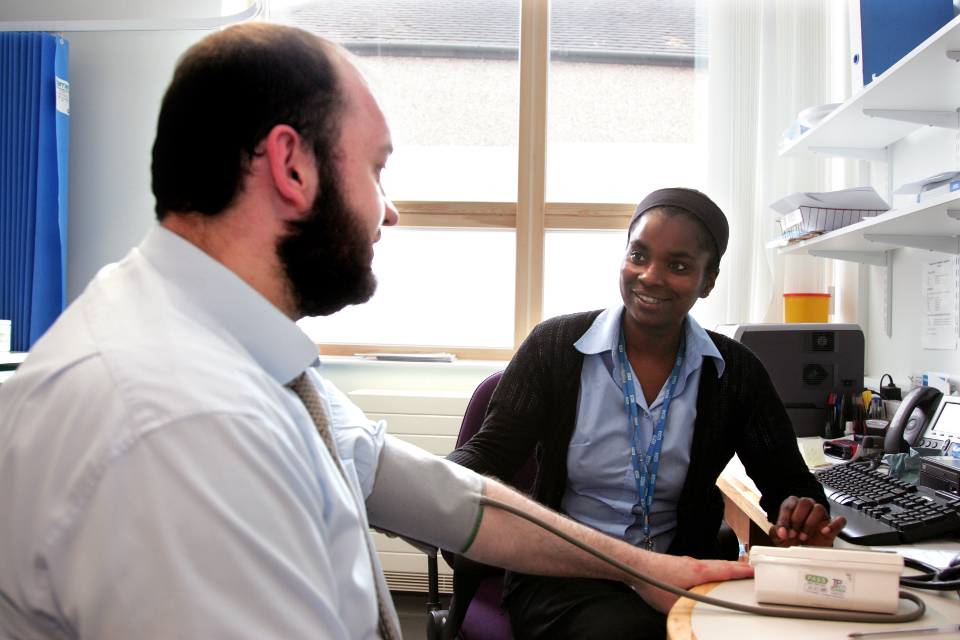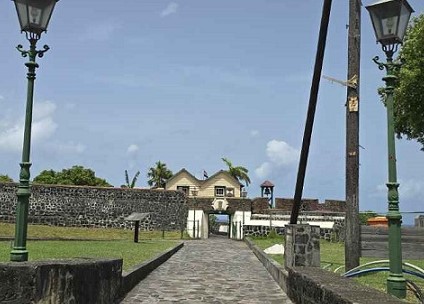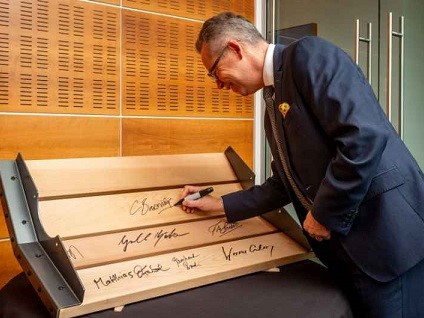GP patient lists have increased by nearly a fifth (19%) in the Midlands since 2015 as the number of GPs has plummeted, according to new TUC analysis of official figures.
The analysis shows that since 2015 the Midlands has lost over 400 (7%) of its GPs. The union body says a toxic combination of falling GP numbers and rising demand has put unprecedented pressure on local surgeries and the wider NHS.
Across England, the number of GPs has fallen by nearly 2,000 (-6%) since 2010, despite Conservative government promises to boost numbers. The NHS is divided into Integrated Care Boards (ICB) for GP and primary care services.
Since 2015, every single ICB in the Midlands has seen a marked growth in the size of GP patient lists. And every single ICB in the region has experienced a fall in the supply of GPs numbers.
NHS Shropshire, Telford and Wrekin has seen the biggest increase in GP patient lists (+33%), followed by NHS Leicester, Leicestershire and Rutland (+27%) and NHS Black Country (+23%). They have also suffered the sharpest drop (-16%) in GP numbers, followed by NHS Black Country (-10%).
|
Integrated Care Board (ICB) location |
Change GP numbers |
% change in GP numbers 2015-2023 |
% change in patients per GP 2015-2023 |
|
NHS Birmingham and Solihull |
-22 |
-3% |
13% |
|
NHS Black Country |
-59 |
-10% |
23% |
|
NHS Coventry and Warwickshire |
-6 |
-1% |
19% |
|
NHS Derby and Derbyshire |
-54 |
-9% |
17% |
|
NHS Herefordshire and Worcestershire |
-35 |
-8% |
16% |
|
NHS Leicester, Leicestershire and Rutland |
-49 |
-9% |
27% |
|
NHS Lincolnshire |
-22 |
-6% |
14% |
|
NHS Northamptonshire |
-18 |
-5% |
18% |
|
NHS Nottingham and Nottinghamshire |
-21 |
-4% |
15% |
|
NHS Shropshire, Telford and Wrekin |
-45 |
-16% |
33% |
|
MIDLANDS REGION (East and West together) |
-410 |
-7% |
19% |
|
ENGLAND |
-1,874 |
-6% |
18% |
In 2015, Conservative Health Secretary Jeremy Hunt pledged to recruit 5,000 more GPs by 2020. But since 2015 the number of doctors at GP surgeries in England has fallen by 1,874.
And in 2019, the Conservative election manifesto promised to deliver 6,000 more doctors in general practice. But since 2019 the number of doctors at GP surgeries has continued to fall.
The TUC says the Chancellor must use next month’s budget to prioritise funding for public services – including the recruitment and training of GP doctors. The TUC says the fall in GP provision over the last decade is putting patients at risk.
NHS England figures published last month revealed that in November 2023 one in 10 patients (10.8%) waited over two weeks to see a GP, and one in 20 (5%) waited over a month. When appointments with other primary care health professionals, such as practice nurses, are included with GPs, even more patients are waiting longer.
One in six (17.3%) patients waited at least two weeks and one in 20 patients waited over a month. The union body says the delays in accessing GP services are forcing some people to visit accident and emergency – placing additional strain on frontline services.
England’s chronic GP shortage is also damaging the economy. Nearly a fifth of workers (19%) say that they have not been able to go to work because they were waiting for a GP appointment (Savanta, November 2023).
The TUC says that delays in accessing treatment are increasing economic inactivity. Commenting on the analysis TUC Regional Secretary Lee Barron said: “Everyone should be able to see their GP when they need to – but too many people in the Midlands are having to wait weeks for an appointment.
“This is not the fault of overstretched GPs. There are simply far fewer of them than in 2015. Having promised on multiple occasions to increase GP provision, the Tories have presided over a huge fall in local doctors in the Midlands.
“This failure to retain and recruit GPs is placing a huge strain on GP surgeries and the wider NHS, as more patients are forced to use emergency services. And it means people lose days at work while they wait for the healthcare they need.”
On the need to fund public services at the forthcoming budget, Lee added: “The Chancellor must act and prioritise public services in the forthcoming budget – starting with fixing our chronic GP shortage – and investing in our crumbling hospitals and schools.”











